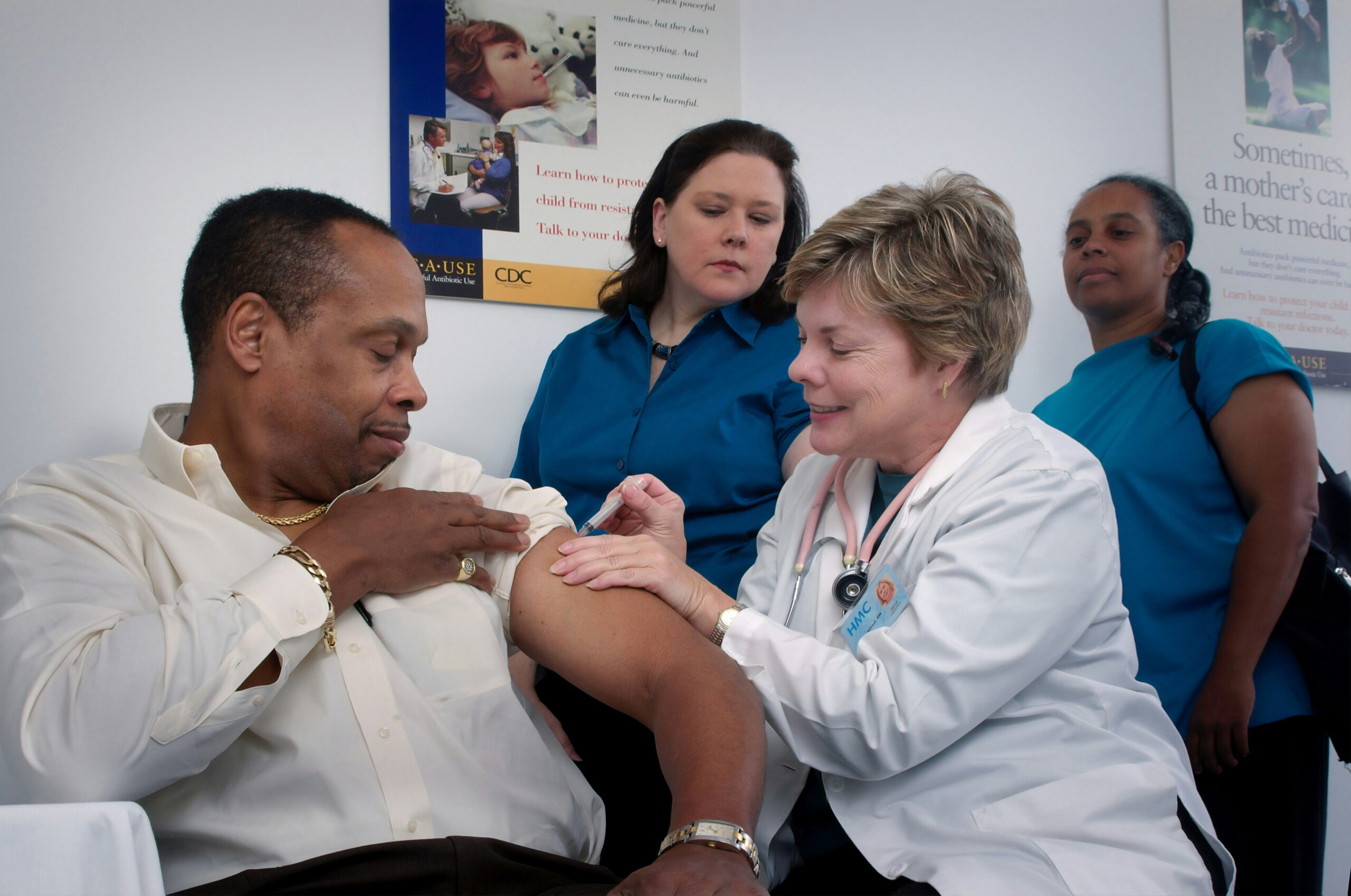The Health Insurance Act (“Zorgverzekeringswet”, Zvw) of the Netherlands establishes mandatory health insurance for all residents and was enacted on January 1, 2006, as part of a major healthcare reform. It merged the public and private health insurance systems into one universal health insurance model based on managed competition. The Act replaced older systems and aimed to reduce inefficiencies, improve access, and introduce market-driven reforms.
The Health Insurance Act obligates residents to obtain health insurance and requires insurers to provide coverage without discrimination. Provisions include premium regulations, income-based contributions, penalties for non-compliance, and administrative oversight by health authorities like CAK and the Netherlands Healthcare Institute. This legislation introduced a system of managed competition in the health insurance sector, aiming to enhance the efficiency, quality, and accessibility of healthcare services. Key objectives of the Act include:
- Ensure all residents have access to essential healthcare services.
- Provide equal access to healthcare, regardless of income or social status.
- Distribute healthcare costs across all insured persons to maintain affordability.
- Set requirements for insurers regarding service delivery, transparency, and financial management.
Key provisions include:
- All eligible residents must have health insurance, except for specified exemptions (e.g., military personnel).
- Insurers must accept all applicants and provide essential healthcare services.
- The law specifies the services covered under basic insurance, premiums, and procedures for managing unpaid premiums.
- Contributions are income-based to support fair access and financial sustainability.
- Measures include administrative fines for non-compliance and actions to insure uninsured individuals.
Significant innovations in the Netherlands’ healthcare system include the introduction of bundled payments for managing chronic diseases such as diabetes and chronic obstructive pulmonary disease (COPD). These payments encourage care integration and coordination across multiple providers. The government has also focused on strengthening primary care and expanding the role of district nurses to support vulnerable populations. Investments in digital health, such as telemedicine and electronic data exchange systems, are part of ongoing reforms.
This act establishes a comprehensive framework for health insurance in the Netherlands. By ensuring universal coverage, regulating insurers, and enforcing contributions through income-based mechanisms, it seeks to maintain both accessibility and financial sustainability in the healthcare system. The law is designed to balance public health goals with market-based efficiency.


